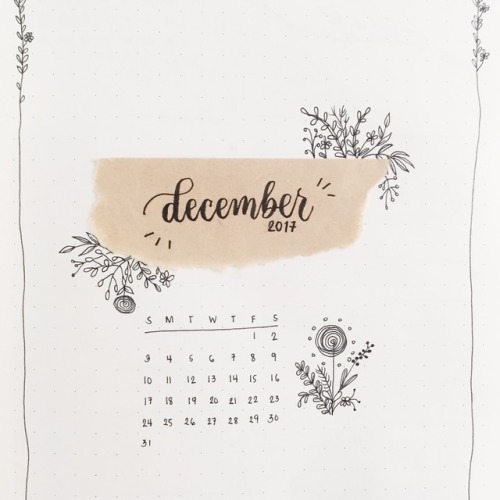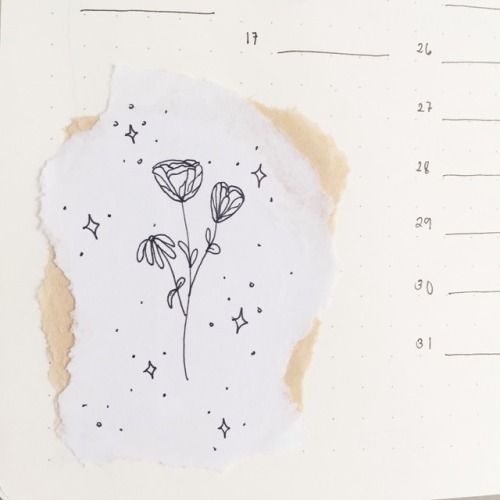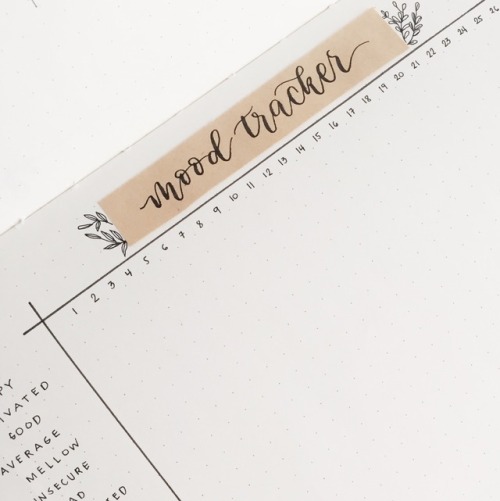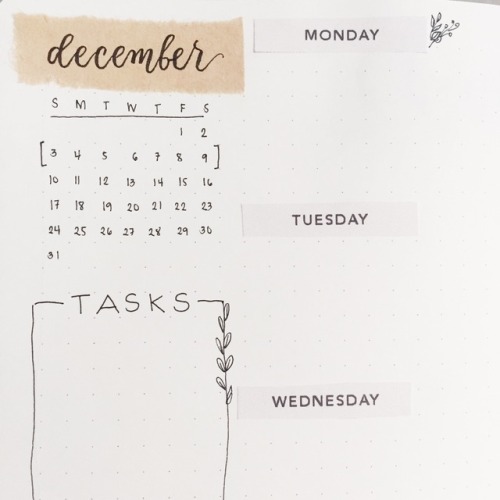Oliviasstudyblrshit - Studyblr And Langblr Stuff

More Posts from Oliviasstudyblrshit and Others
so, you're taking a class and you hate it: how to make a bad class suck less
as i struggle through my spring quarter classes, i thought i may as well make a post about something currently relevant to me: taking classes that you don't like.
maybe you're taking a degree or distribution requirement; maybe you signed up for a class because it's exactly in your field of interest, but the professor is a really bad lecturer (not that this is personal experience or anything); maybe, you just...........don't enjoy your class for whatever reason.
so, you have two options: drop the class, or continue on.
since you're reading this post, i assume you can't drop the class for whatever reason—something from above, or maybe something else. i'm not going to judge you! but here's some things that, in my experience, have made bad classes, well, less bad (in no particular order).
one: find ways to make your time before and after the class in question as enjoyable as possible. likely this class drains your energy horribly—so doing something that makes you happy or calms you down before the class, and something to destress afterwards, you'll feel a bit better almost immediately. this can, in my experience, take me from hating an entire day of my week, to being frustrated but able to deal with it. examples of things i do, depending on my energy levels and time:
take a nap
read some of a book
draw
take a walk
write
two: schedule your week so you finish everything up until the day of the class (both for that class and your others) before the day of the class. for me, there's nothing more stressful than getting out of my second to last class, and realising i still have to do five types of homework before i can even think of relaxing or calming myself down about the class i'm dreading—assuming i even have any time to do so! this is a more long-term strategy, so if you can, you should start to do this as soon as possible. for me, this looks like making to do lists on my blog to keep myself accountable, or setting alarms to remind myself to do things (since i'm not very good at keeping a planner).
three: talking to your friends or family! the power of complaining before or after a really draining experience can be very cathartic. oftentimes, your friends or family will be very sympathetic to your frustrations. they can also help distract you if you need it!
four: somewhat similar to one—reward yourself for making it through the class! on wednesdays after my dreaded class, i buy myself a cookie and watch bad book reviews, because i am both food- and gossip-motivated.
five: keep on top of classwork. if nothing else, you have to make sure you don't fall behind in your least favourite class. it'll make everything feel fifty times worse. if you have a required presentation and a final project, start working on them or thinking about what/how you're going to do them as soon as you find out about them. get these done as soon as possible, or at least start working on them, so that when the due-date approaches you don't panic.
hopefully my experiences will help you!


051320 | seoul day two log!
instagram: ys6bela
Watch "EASY SPANISH LISTENING PRACTICE, Spanish Book Reading | Spanish After Hours" on YouTube
Apps for learning Kanji
Japanese kanji study - 漢字学習
This app is great for learning kanji. You will learn the meaning, reading, different vocabulary, sentences, and my favorite feature of all: stroke order! You can also take a quiz by using this app (^_-)

Take note that if you want to access all JLPT level, you have to purchase it. The price is cheaper compared to buying books (but I think it depends on country. Here in the Philippines, Kanji practice books are expensive.)
NHK Japanese - Easy learner

I use this app to practice my reading skills . It contains articles that are easy to read and understand. You can set your article to show 振りがな (ふりがな - kana over kanji to indicate pronunciation). When you click the kanji, it will show its meaning

You can play the audio, so you can imitate the pronunciation of each word. You can also download the article to read/listen offline.
NHK News Reader

Another app that I use to practice my reading skills, but this contains difficult article.

The same as the previous app, you can set it to show furigana, and you can click the kanji to read its meaning
Takaboto: Japanese Dictionary This is an offline dictionary. I really love this app because you can also learn each kanji used on the word, and also their stroke order.

I always use this app whenever I use the previous NHK app. This helps me to understand the meaning more.

You can also learn how the word can be used on sentence by clicking the phrase tab.

I hope this will help for those who plan to study Kanji.
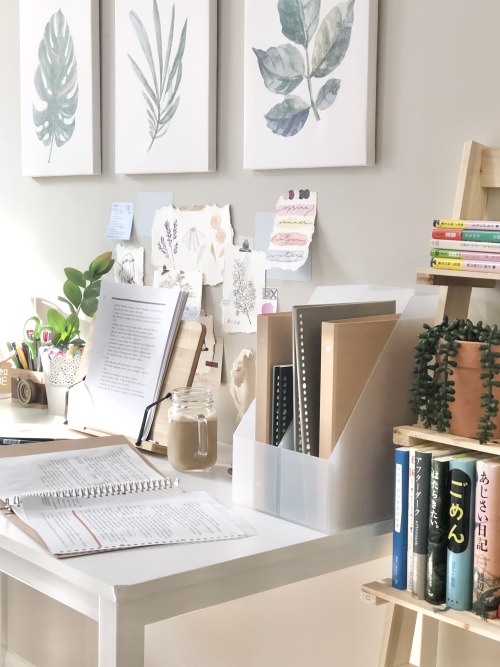

18.08.20 / the sun rising on my all-nighter. i’ve got a list of errands to run today but after today, everything should be ironed out. just need to get through today!! hbu? i hope you’re doing okay. take care ♡

Credits: l.luvhee on ig ; rai on we heart it
How to practice speaking in a foreign language

Hi! I’m learning many languages, including French and Spanish, and I wanted to perhaps share some advice for practicing speaking, because it can be a very daunting task.
Listen! I know I sound like a broken record saying this, but input is everything. Listen to podcasts and watch TV shows and youtube videos. Listen as often as you can, and if you have a conversation coming up with a native speaker, then try and listen to your target language for half an hour or so before.
Shadow! This means listen to a recording of a native speaker, and repeat what they say after they say it. You could try using Easy Languages videos, as they usually have subtitles.
Keep on working on your vocabulary and grammar! For this, an extra tip would be to focus on your weak areas. For vocabulary, immerse, and look up words that you don’t understand, and maybe put it in a flashcard app if you think that it would be useful. Grammar-wise, just drill the rules into your head, and say correct sentences out loud. Try to understand them rather than just memorise them.
Make a native speaker friend! This is the best advice I can give. You can find a buddy on language discords, or apps like HelloTalk and Tandem. If you are a beginner to intermediate student, then just talk about whatever comes up. If you’re an upper intermediate or advanced student, then make an active choice to speak about difficult subjects like literature, music or politics. Make sure to look words up as you go!
Speak to yourself all the time! Narrate your actions, and try describing what is going on around you. You can also just talk about your thoughts and feelings about things.
Keep a notebook of words you don’t know when practicing, and look them up later! This is pretty self-explanatory. If you are speaking and forget the word for ‘toaster’, then write it down and look up the meaning later on.
Learn set phrases and fillers! This is very important if you are learning a language for an exam, because then you can find ways to use advanced phrases above your level. Try lifting them out of books, conversations, podcasts and TV shows, and put them in a flashcard app like Quizlet or Anki to memorise.
Avoid your native language! Using your native language as a crutch won’t serve you, as much as it will make things easier in the short term. Try to speak around words, using the words that you already know. You could say “a place where you do exercise” instead of “gym” if you forgot the word for it. Try doing stuff like that and eventually your speaking will become more fluid.
Be brave! People aren’t as judgmental as you might think, so put yourself out there!
Thank you for reading this post! I hope it was useful to you!


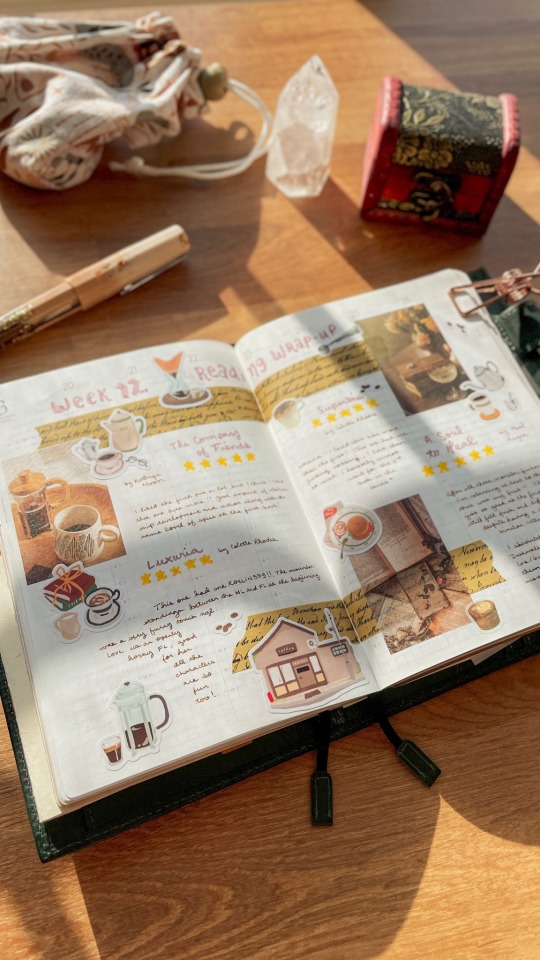



It’s August which means I’m obsessed with all of my pens and journals again 🤌🖋️
-
 forsongqian liked this · 1 year ago
forsongqian liked this · 1 year ago -
 philophobicbloke liked this · 1 year ago
philophobicbloke liked this · 1 year ago -
 iweirded reblogged this · 2 years ago
iweirded reblogged this · 2 years ago -
 scariz-blog liked this · 2 years ago
scariz-blog liked this · 2 years ago -
 gordnnn liked this · 2 years ago
gordnnn liked this · 2 years ago -
 narievilos liked this · 2 years ago
narievilos liked this · 2 years ago -
 veronica-mature444668-blog liked this · 3 years ago
veronica-mature444668-blog liked this · 3 years ago -
 ivnycollas reblogged this · 3 years ago
ivnycollas reblogged this · 3 years ago -
 n-urra liked this · 3 years ago
n-urra liked this · 3 years ago -
 fakesmilescanhideamilliontears liked this · 3 years ago
fakesmilescanhideamilliontears liked this · 3 years ago -
 ifall-apart reblogged this · 3 years ago
ifall-apart reblogged this · 3 years ago -
 hanlds reblogged this · 3 years ago
hanlds reblogged this · 3 years ago -
 oneliveonehousenoshirtnoblouse liked this · 3 years ago
oneliveonehousenoshirtnoblouse liked this · 3 years ago -
 livenitram liked this · 3 years ago
livenitram liked this · 3 years ago
